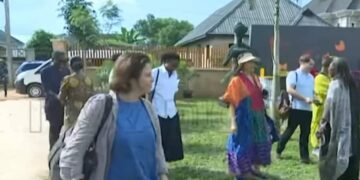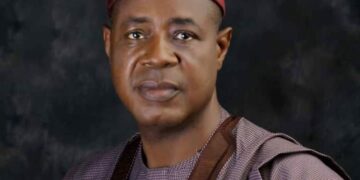A public accountability platform, the Akin Fadeyi Foundation (AFF), is set to present the results of its contest on gender inclusive leadership, “What Can Women Do”, which it launched on the 19th of July 2022.
The grand finale will hold on Tuesday, October 11, 2022.
Oluwatomi Okeowo, the head of programs at Akin Fadeyi Foundation, said in a statement yesterday that it had been an enlightening and exciting competition in which over 50 entries were received as interesting policy proposals, and 15 remarkable ones qualified for the grand finale, during which those selected would make pitches on what they would do to stamp out corruption if they find themselves in positions of public responsibility and power.
The “What Women Can Do” project, as championed by the Akin Fadeyi Foundation, he said, offers a platform for the voices and perspectives of women to come through in a unique dimension to social re-engineering and accountability.
He said, “This aligns with the GESI approach of MacArthur Foundation – which is sponsor of this AFF programme – in its BET-ON Nigeria project against corruption across various sectors in the country.
Among those expected to participate at this online event as critical stakeholders, besides a host of civil society and social actors, include the On-Nigeria Director for the MacArthur Foundation, Dr. Kole Shettima; the Honourable Minister of Women Affairs, DAME Mrs. Pauline Tallen; President, US-Nigeria Trade Council, Engr. Titus Olowokere and Ifeoma Malo, Nigerian Lawyer working in the International Development space on clean energy technologies and climate Change.”
Others include, Ramatu Umar-Bako, an Equality and Inclusion Champion and Capacity Building Adviser; Yemi Adamolekun, Executive Director, Enough is Enough, Richard Akinnola, Executive Director, Media Law Center.
According to the Head of Programs, Akin Fadeyi Foundation, Oluwatomi Okeowo, “The struggle for gender equality and gender inclusive governance has become one of the great issues of our time, evidence of how poorly run society and its institutions have been in many parts of the world – and certainly in Nigeria – abound, no doubt as essential to a patriarchal ethos in the past several decades.




